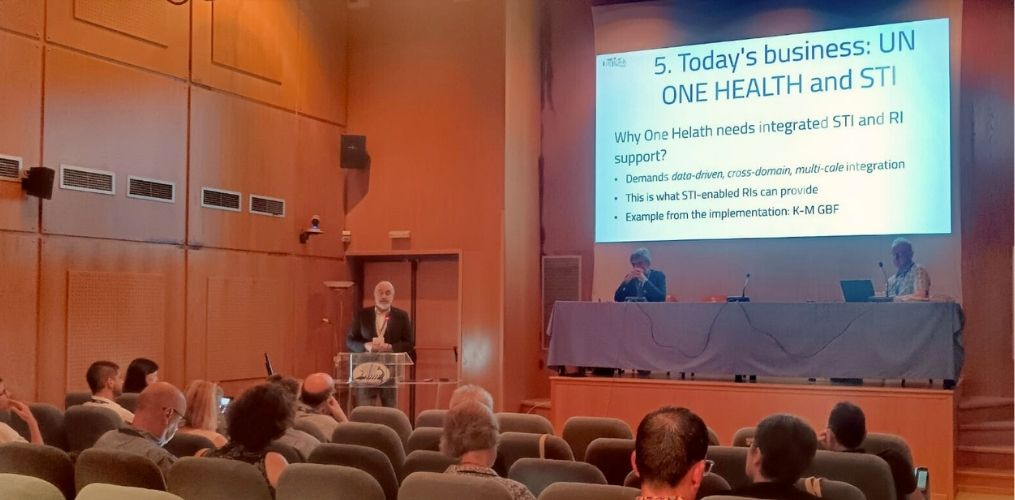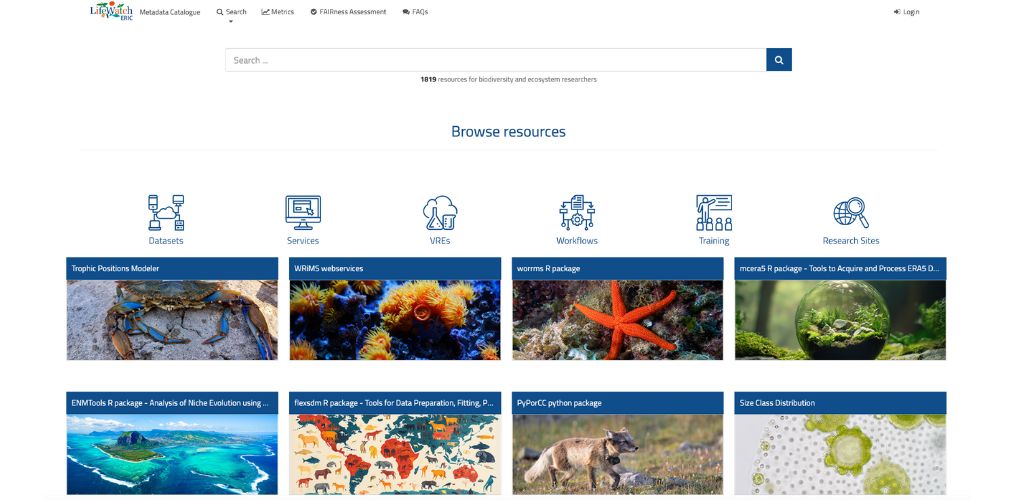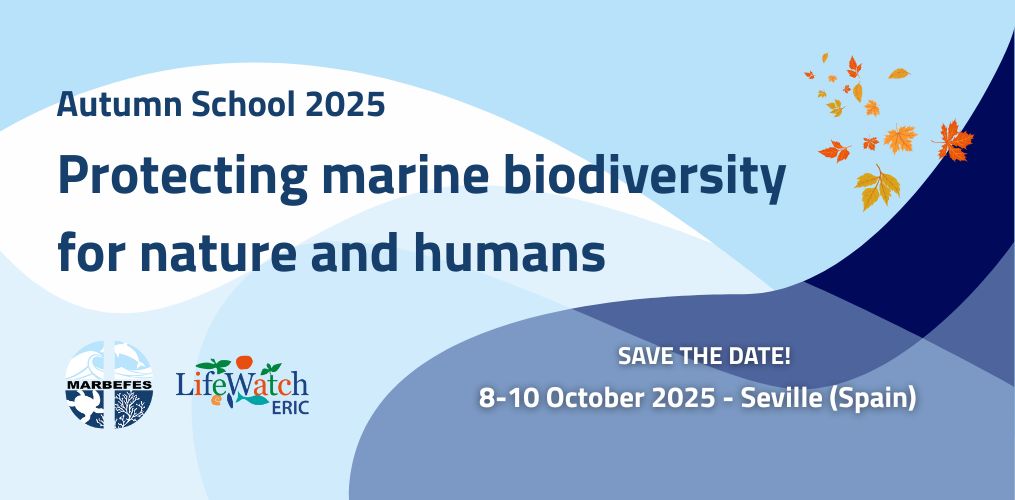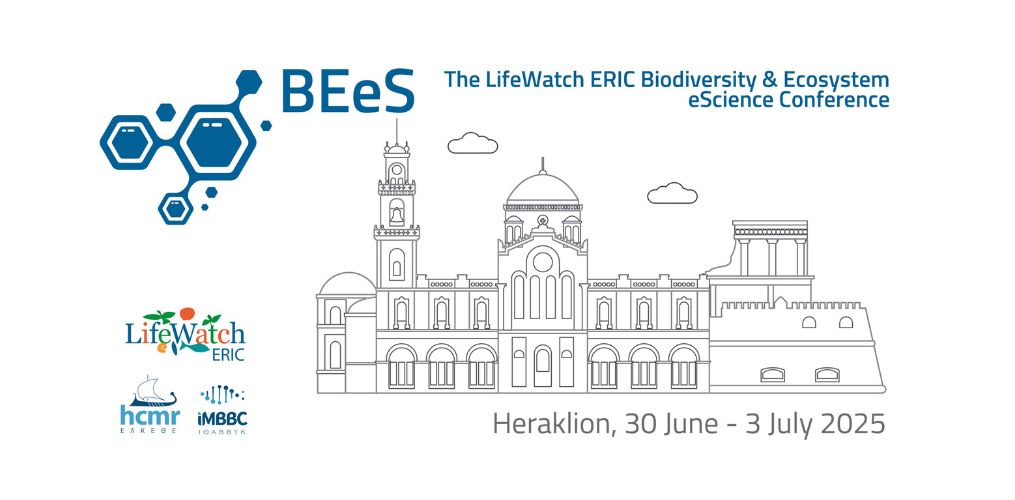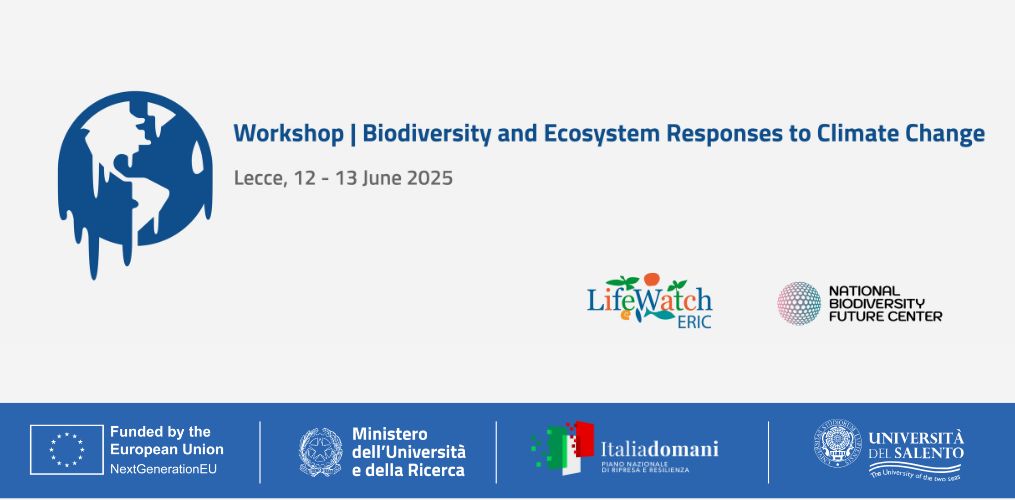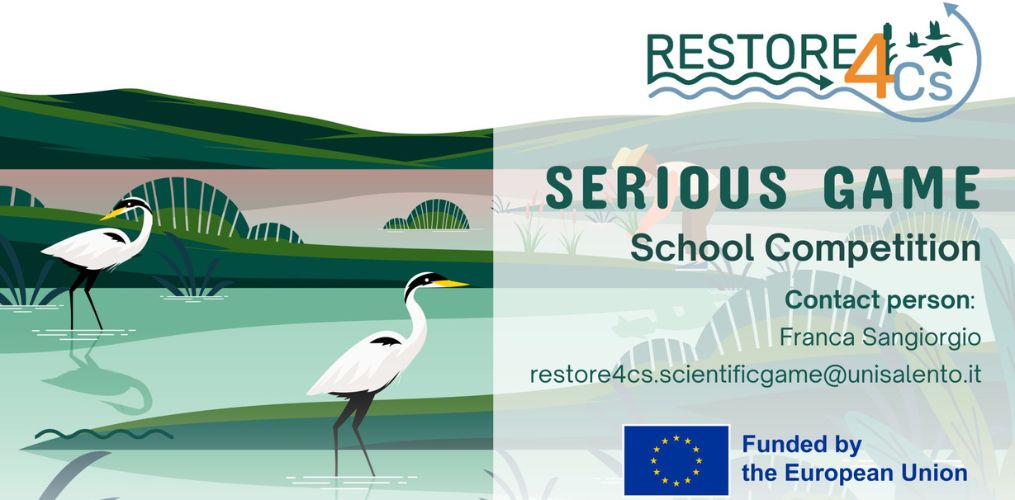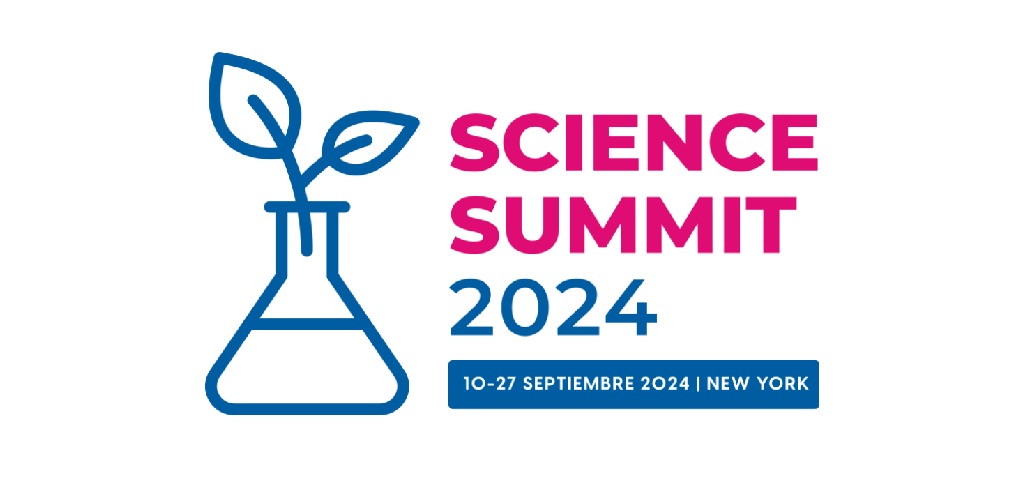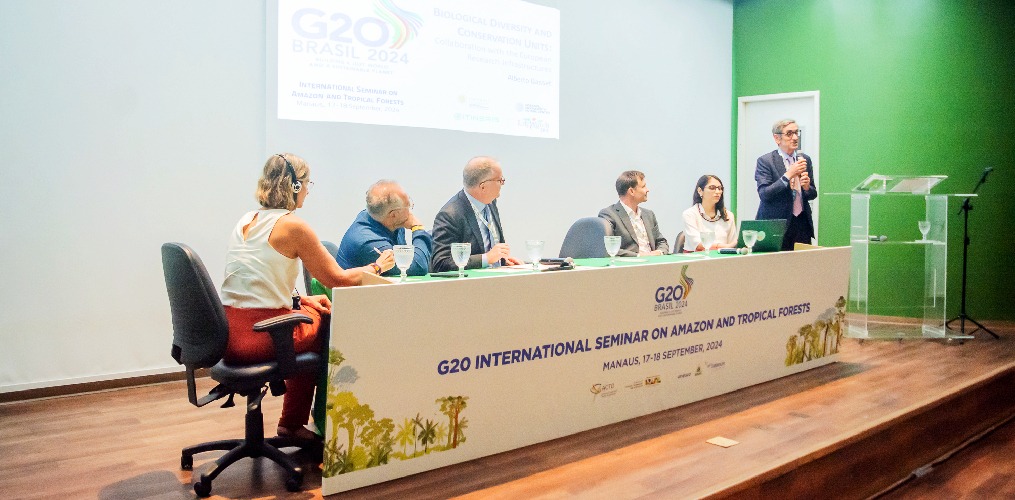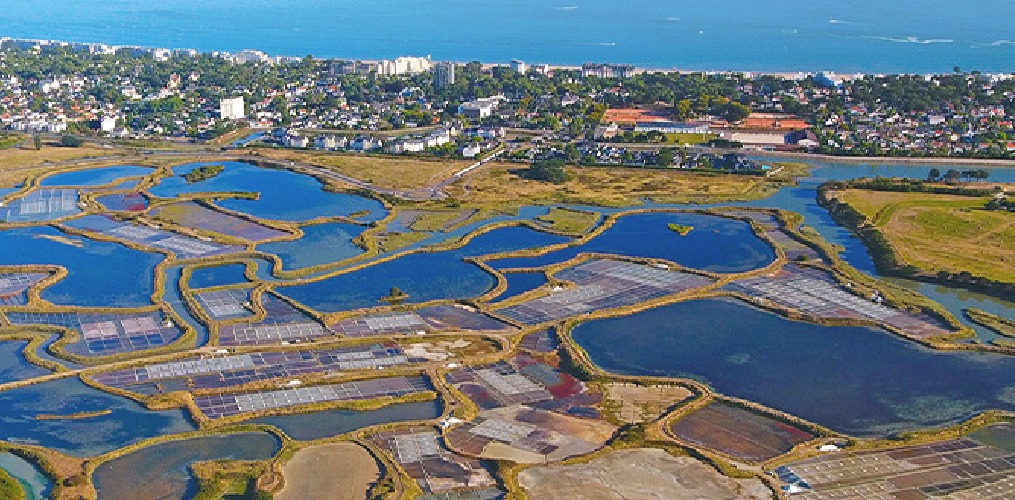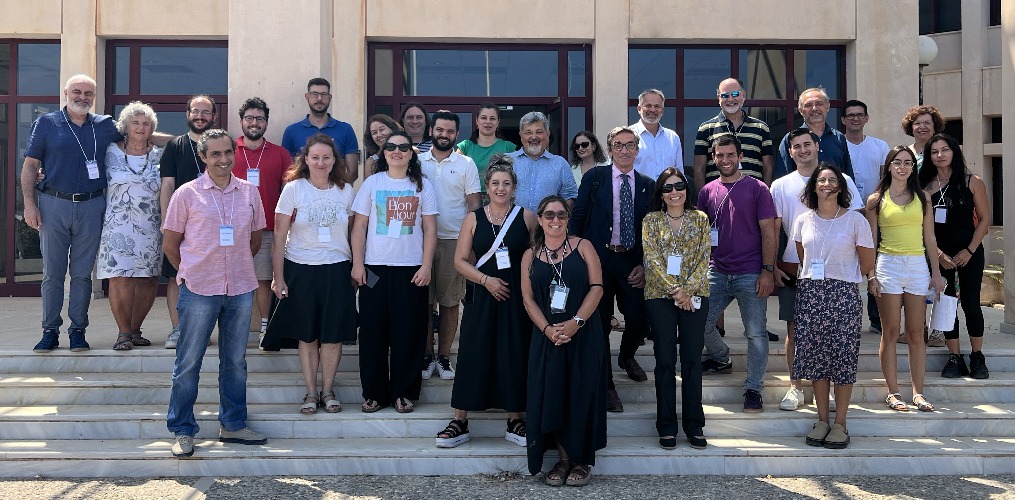In the scope of its ongoing commitment to supporting the UN Sustainable Development Goals, LifeWatch ERIC co-organises a workshop as part of the Science Summit 2024 at United Nations General Assembly (UNGA79) activities in New York (USA), within a network of European organisations (you can find the full list of the event sponsors and partners at the bottom of this page: https://sciencesummitunga.com/science-summit-unga79/).
The Science Summit 2024 is the global event dedicated to scientific and technological challenges of our time, such as climate action, One Health, biodiversity, food systems, AI and other topics relevant to the UN SDGs.
Every year since 2013, the event serves as a dynamic platform for thought leaders, scientists, policymakers and innovators around the world to showcase cutting-edge research and promote knowledge and collaboration.
Through discussions and networking opportunities, it facilitates the exchange of ideas and the development of actionable strategies.
This year marks the 10th edition of the event and it is particularly important, as it coincides with the UN Summit of the Future. It will place a special emphasis on the Africa Science Leadership Coalition, which was launched at the UN Civil Society Conference on May 9, 2024, to promote African leadership in science policy decision-making. The event takes place in hybrid form, with a Virtual Programme running from 10th to 27th and a physical programme running from 17th to 27th in New York which is also streamed live.
This is not the first workshop organised by the European partners in the Summit. Again this year, these organisations are representing active communities – including LifeWatch ERIC – from the fields of biodiversity, ecology and engineering domains, aiming to strengthen science, technology and innovation efforts. With combined expertise, these communities selected Kunming-Montreal Global Biodiversity Framework as a testbed to strategically contribute to the implementation of the SDGs. The focus is on the emerging properties presented as a network, rather than as individual organisations, projects or initiatives.
The workshop is called Transforming Knowledge into Practice: Science, Technology and Innovation in Support of the UN SDGs and will take place on Thursday, September 26, 2024, from 9:00am to 4:00pm EDT (3:00pm to 10:00pm CEST).
Online joiners can register for free and have the possibility to follow the livestream of the event, which will take place on the Rooftop of the Science Summit venue.
The agenda consists of two parts: one in the morning, on the collective contribution to the implementation of the UN SDGs, and one in the afternoon presenting expectations from the participating science and technology organisations on the above topic.
The workshop ends with the presentation of an open call to forge an international alliance, to further integrate biodiversity conservation into the priorities of the UN Summit of the Future agenda priorities, and the post-SDG agenda.
Christos Arvanitidis, LifeWatch ERIC’s CEO, will open the workshop in a welcome session presenting the objectives, and presenting LifeWatch ERIC as a practical example of the European collaborative effort on biodiversity.
Follow this link to get the detailed agenda and register to the workshop: https://sciencesummit2024.sched.com/event/1jzig
